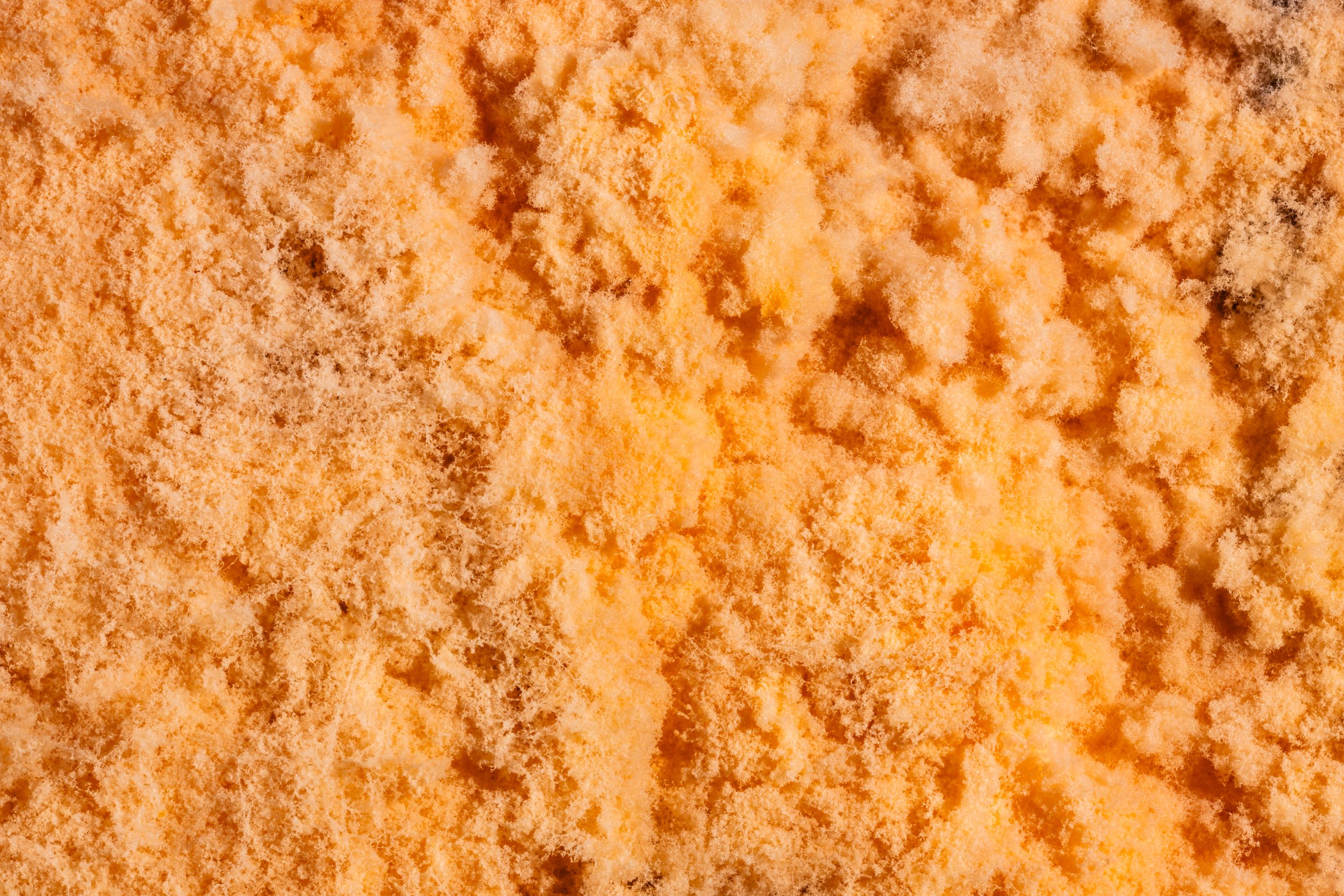k what we are up to!
We study filamentous fungi, a diverse group of organisms that includes molds and mushrooms and are critical for a sustainable future. These organisms not only serve global roles in nutrient cycling, plant resilience, and agriculture, but have immense biotechnological potential for sustainable foods, medicines, enzymes, and materials. However, our ability to precisely manipulate fungal and metabolism and structure is still in its infancy, preventing both fundamental research and engineering efforts. Our lab integrates approaches from synthetic biology, biochemistry, and gastronomy to characterize and engineer fungi for food and sustainability applications.
Only a few fungi have been studied in genetic and biochemical detail, and much remains to discover about these organisms – how they function and how we can use them for our benefit. We combine omics and biochemistry approaches to uncover fundamental fungal biology relevant to sustainability.
DISCOVERY
Only a few fungi have been studied in genetic and biochemical detail, and much remains to discover about these organisms – how they function and how we can use them for our benefit. We combine omics and biochemistry approaches to uncover fundamental fungal biology relevant to sustainability.
ENGINEERING
Only a few fungi have been studied in genetic and biochemical detail, and much remains to discover about these organisms – how they function and how we can use them for our benefit. We combine omics and biochemistry approaches to uncover fundamental fungal biology relevant to sustainability.
DISCOVERY
Closing the gap between research and real-world impact requires close collaborations between stakeholders, yet much innovation happens in silos and never reaches beyond high-powered labs or kitchens. We work closely with chefs to bridge our fundamental understanding and engineering expertise with gastronomic creativity and production. For example, working with chefs, we recently discovered how fungi can be used for novel minimally processed and delicious meat substitutes and plant-based beverages. Current projects include using edible fungi to convert food waste into new products and harnessing fungal enzymes for unlocking flavor from readily available byproducts. Collaborators include Alchemist (Denmark), Blue Hill at Stone Barns (New York), and Mugaritz (Basque Country), and we are always excited to get in touch with artists and creators in food and beyond.
IMPACT



